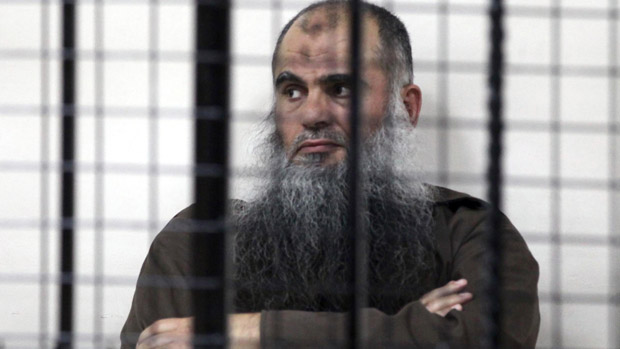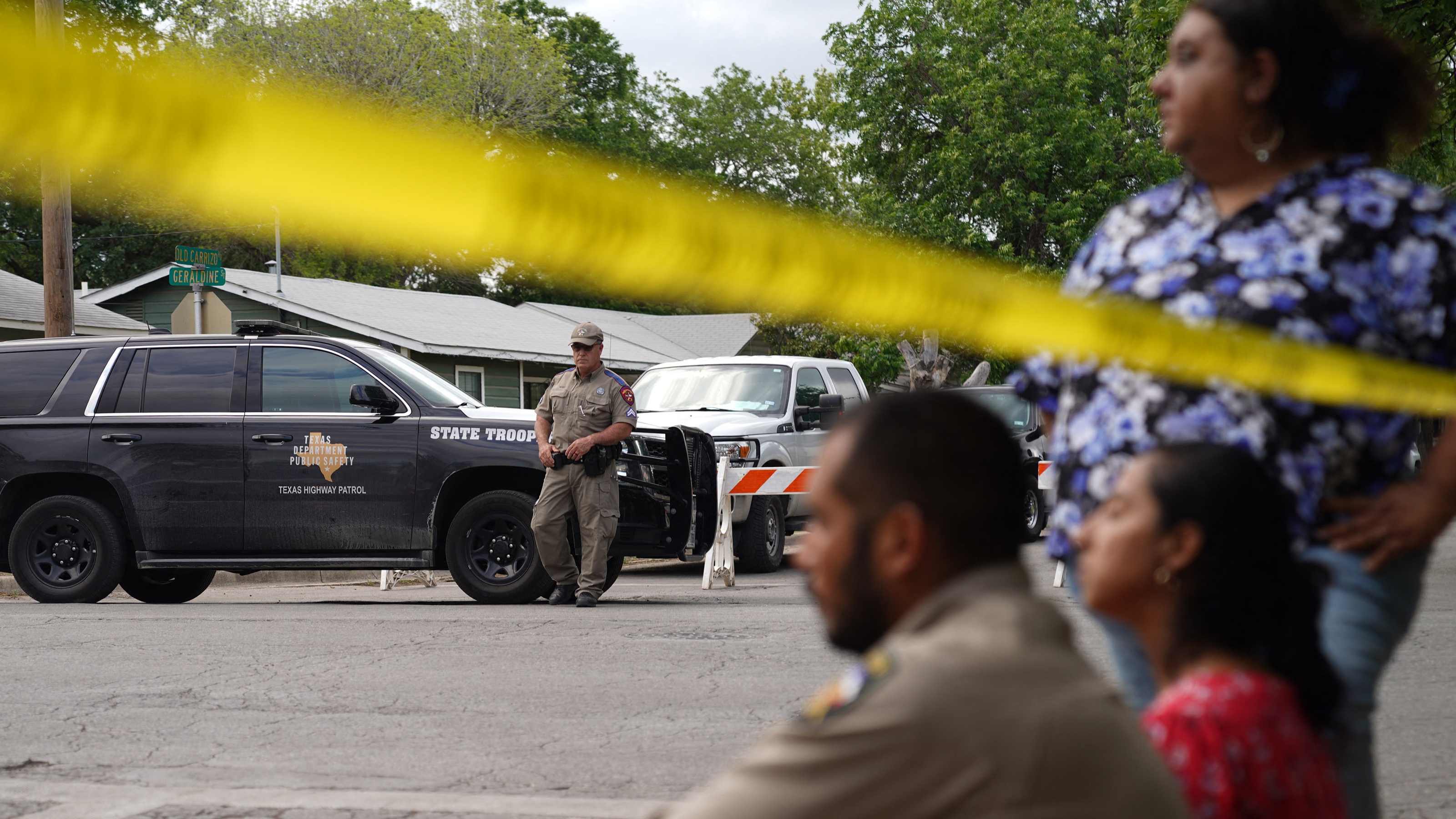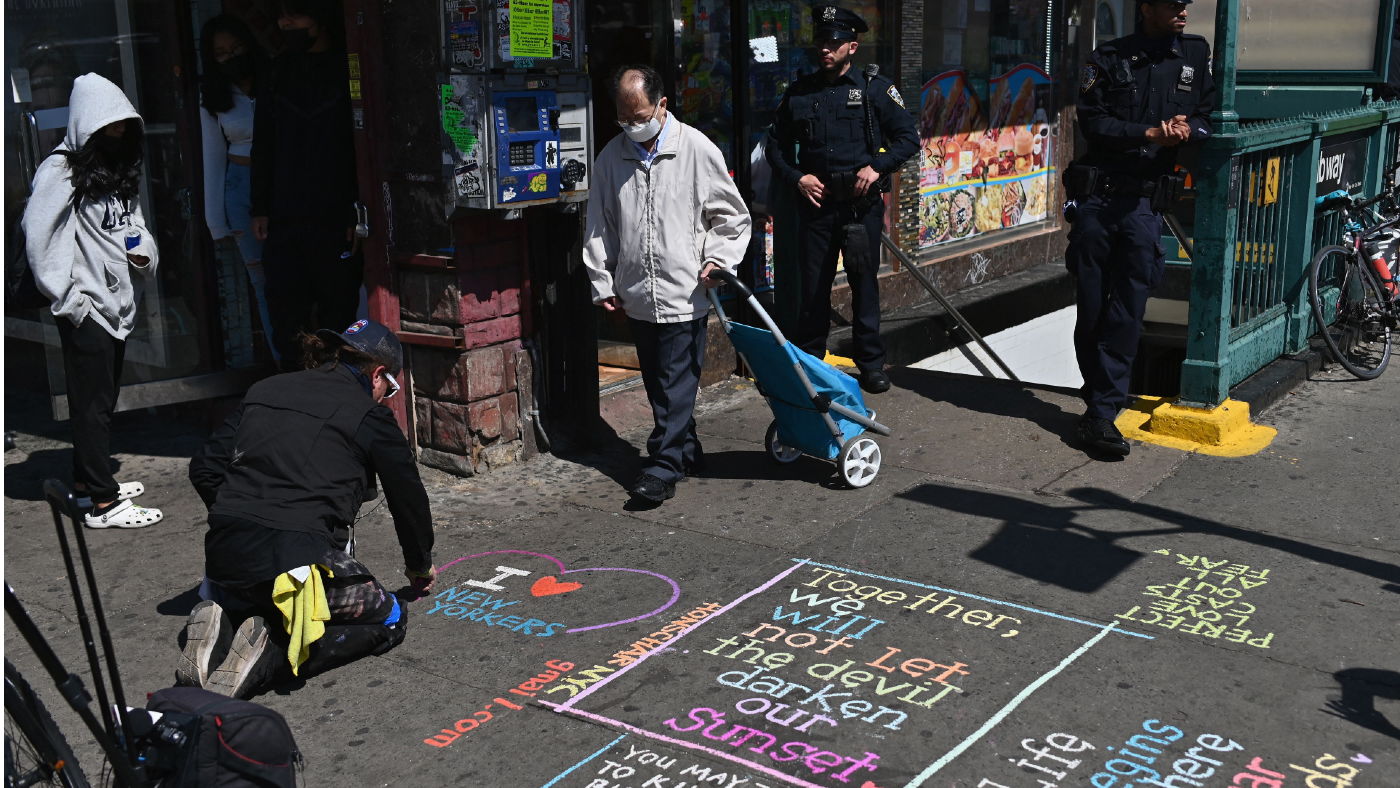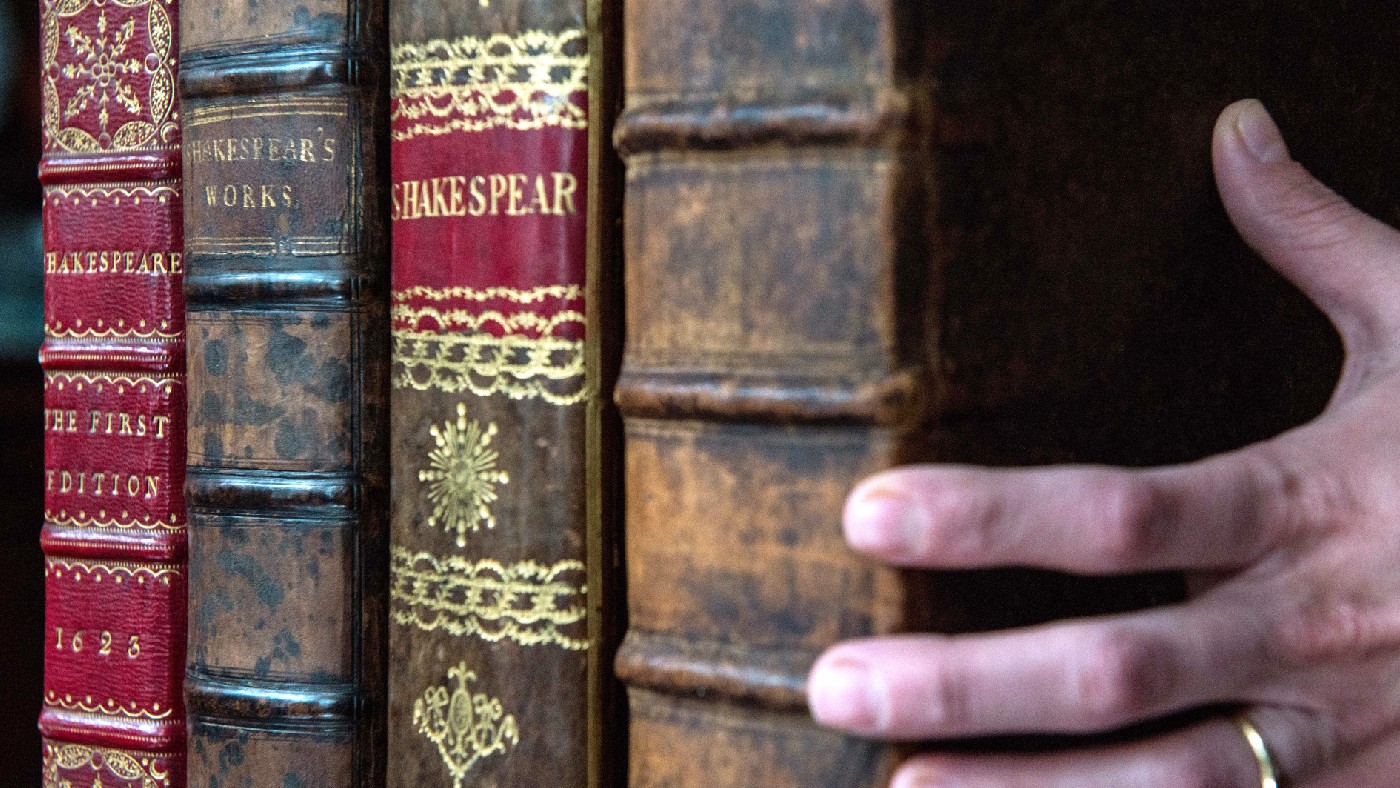Abu Qatada to walk free after being cleared of terror charges
Radical cleric acquitted of involvement in a 2000 bomb plot targeting Israeli and Western tourists

A free daily email with the biggest news stories of the day – and the best features from TheWeek.com
You are now subscribed
Your newsletter sign-up was successful
Radical preacher Abu Qatada will be released from prison after he was cleared of terrorism charges in Jordan.
Qatada, who was deported from the UK last year after an eight-year battle with the Home Office, was cleared of involvement in a foiled bomb plot in 2000 targeting Israeli and Western tourists during Jordan's Millennium celebrations.
The trial took place at Jordan's state security court in a military base in Marka, a suburb of the capital Amman.
The Week
Escape your echo chamber. Get the facts behind the news, plus analysis from multiple perspectives.

Sign up for The Week's Free Newsletters
From our morning news briefing to a weekly Good News Newsletter, get the best of The Week delivered directly to your inbox.
From our morning news briefing to a weekly Good News Newsletter, get the best of The Week delivered directly to your inbox.
Qatada had been convicted and sentenced on the charge by a trial in absentia, but avoided prison in Jordan after being granted asylum in the UK. However, he lost his refugee status in 2002 when he was detained on suspicion of terrorism offences. A long deportation process began three years later, costing UK taxpayers £1.7m.
Although Qatada will soon be free, he will not be returning to London, says The Times. After he was acquitted in June of conspiring in a 1998 bombing campaign in Jordan, David Cameron insisted that he had no UK passport and there was no way he would be allowed to return to Britain.
The Home Office repeated today that there was no question of him returning. "The UK courts agreed that Abu Qatada posed a threat to national security in the UK, so we are pleased that we were able to remove him," a spokesman told The Guardian. "Abu Qatada remains subject to a deportation order and a United Nations travel ban. He is not coming back to the UK."
Qatada was flown to Jordan last July after a "memorandum of understanding" signed between the UK and Jordan assured he would receive a fair trial. The agreement stated that evidence extracted through torture would not be used against him.
A free daily email with the biggest news stories of the day – and the best features from TheWeek.com
-
 Witkoff and Kushner tackle Ukraine, Iran in Geneva
Witkoff and Kushner tackle Ukraine, Iran in GenevaSpeed Read Steve Witkoff and Jared Kushner held negotiations aimed at securing a nuclear deal with Iran and an end to Russia’s war in Ukraine
-
 What to expect financially before getting a pet
What to expect financially before getting a petthe explainer Be responsible for both your furry friend and your wallet
-
 Pentagon spokesperson forced out as DHS’s resigns
Pentagon spokesperson forced out as DHS’s resignsSpeed Read Senior military adviser Col. David Butler was fired by Pete Hegseth and Homeland Security spokesperson Tricia McLaughlin is resigning
-
 What we know about the Copenhagen mall shooting
What we know about the Copenhagen mall shootingSpeed Read Lone gunman had mental health issues and not thought to have terror motive, police say
-
 Texas school shooting: parents turn anger on police
Texas school shooting: parents turn anger on policeSpeed Read Officers had to be urged to enter building where gunman killed 21 people
-
 DJ Tim Westwood denies multiple sexual misconduct allegations
DJ Tim Westwood denies multiple sexual misconduct allegationsSpeed Read At least seven women accuse the radio and TV presenter of predatory behaviour dating back three decades
-
 What happened to Katie Kenyon?
What happened to Katie Kenyon?Speed Read Man charged as police search for missing 33-year-old last seen getting into van
-
 Brooklyn subway shooting: exploring New York’s ‘steep decline in law and order’
Brooklyn subway shooting: exploring New York’s ‘steep decline in law and order’Speed Read Last week, a gunman set off smoke bombs and opened fire on a rush-hour train in the city
-
 How the Capitol attack investigation is splitting the Republicans
How the Capitol attack investigation is splitting the RepublicansSpeed Read Vote to censure two Republican representatives has revealed deep divisions within party
-
 Is sentencing a Nazi sympathiser to read Shakespeare an appropriate punishment?
Is sentencing a Nazi sympathiser to read Shakespeare an appropriate punishment?Speed Read Judge seemed to think introducing student ‘to high culture’ would ‘magically make him a better person’ said The Daily Telegraph
-
 Sarah Everard’s murder: a national reckoning?
Sarah Everard’s murder: a national reckoning?Speed Read Wayne Couzen’s guilty plea doesn’t ‘tidy away the reality of sexual violence’